
OR
Low education standard and equity among key challenges to promote human capital in Nepal: WB report
Published On: February 10, 2022 06:30 AM NPT By: Republica | @RepublicaNepal
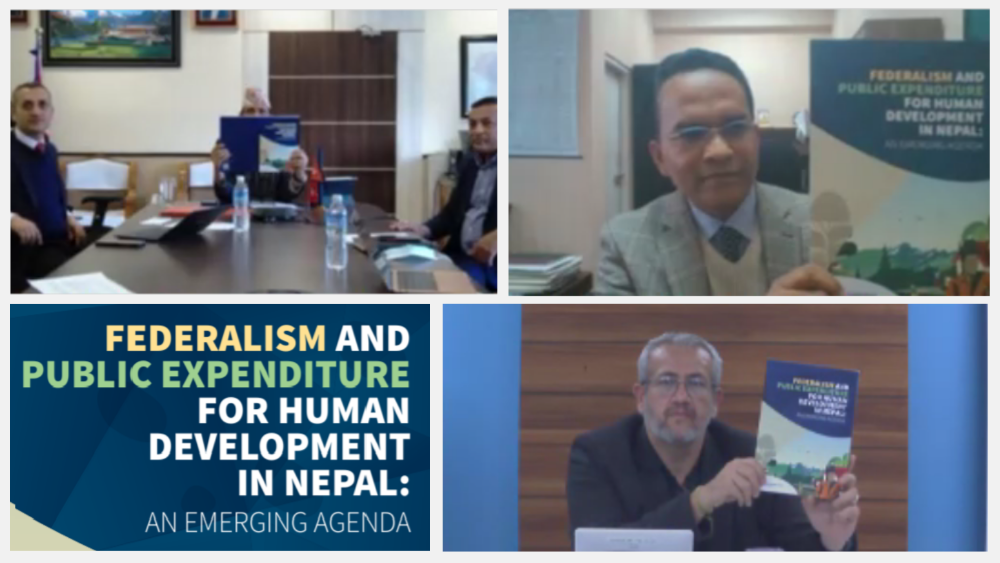
KATHMANDU, Feb 10: Nepal requires significant investment and improved efficiency in spending to promote greater human capital accumulation mainly at the local levels as the country is in transition to a federal state, the World Bank (WB) has said.
In its report ‘Federalism and Public Expenditure for Human Development in Nepal: An emerging agenda’, the WB has pinpointed that there is still a low level of public spending on health, which is the key factor for tapping human capital. According to report, the spending on health sector stands at just 1.4 percent of the country’s gross domestic product (GDP)
“Although Nepal has made significant progress in human capital development, key challenges remain in the health, education, and social protection sectors, which have been exacerbated by the COVID-19 crisis,” states the WB in its virtually launched report on Wednesday.
Spending on education stands at four percent of GDP, which is more than the South Asia average. However, the sector is yielding low returns due to low quality education standards and equity remains a major issue.
Lack of clarity in curriculum development, deployment and management of teachers are key issues underlying the education sector. The WB’s report has underscored that federal system should play important role to play to ensure equity, quality and economies of scale,
Spending on social protection has reached 1.4 percent of the GDP, which is a good average. Yet only one-third of the population is covered under the social protection scheme while greater focus is still needed on the poorest and most vulnerable. More focus is needed mostly on the working population.
The federal government has been providing a budget on health and education to local governments via conditional grants. According to the report, around 91 percent of health spending and 97 percent of education expenditure at local level fall under conditional grants. “However, conditional grants are not enough for decentralized function and are too prescriptive.”
There is a limited scope for equity impact of the grant allocation system while overall transfers favor local levels with small populations. Although there is high budget execution, a major chunk of the allocated funds are spent only at the end of each fiscal year, which has remained as the key challenge. As per the WB’s report, local governments utilized 90.7 percent of conditional grants on an average.
Late arrival of information in the planning process and existing gap in timeline and requirements are the cause for ineffective utilization of allocated budget for human development. Moreover, complex process followed by mismatch of human resources at local level is underlying problem.
Speaking at the program, Faris Hadad-Zervos, WB’s Country Director for Maldives, Nepal, and Sri Lanka said “Human capital is one of the pillars of our Country Partnership Framework, and the implementation of key reforms will be supported through our technical dialogue and financial investment in the health, education and social protection sectors, as well as through our various Development Policy Credits.”
Biswo Nath Poudel, Vice-Chairman of the National Planning Commission, said Nepal needs an effective management system for proper utilization of the budget targeted for the health sector.
You May Like This
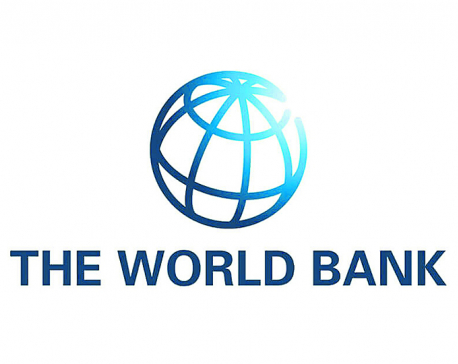
WB approves $100 million to strengthen Nepal's healthcare system
KATHMANDU, April 30: The World Bank’s (WB) Board of Executive Directors has approved $100 million in financing for the Nepal... Read More...
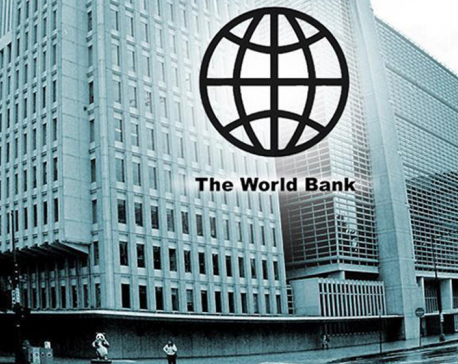
USD 60 million Nurturing Excellence in Higher Education Program launched
KATHMANDU, Oct 28: The government in association with the World Bank (WB) has launched the Nurturing Excellence in Higher Education Program... Read More...

Risk remains despite steady poverty reduction: WB
KATHMANDU, June 29: The high degree of vulnerability among the Nepali households with increased risk for every two Nepalis that... Read More...





Just In
- Nepal’s poorest district identified as Bajura, richest as Mustang
- Wind storm likely at a few places of Koshi and Sudurpaschim
- EVs adoption in Nepal surge in Nepal with government support measures
- Mayors' Forum urges Finance Minister Pun to settle electricity dues
- By-Election: Voting underway in Ilam-2 and Bajhang-1(a)
- Save the Children report highlights severe impact of air pollution on children
- NATO Serving as a Catalyst to Fuel Violence
- Home Minister denies any delay in providing relief to wildfire and fire victims








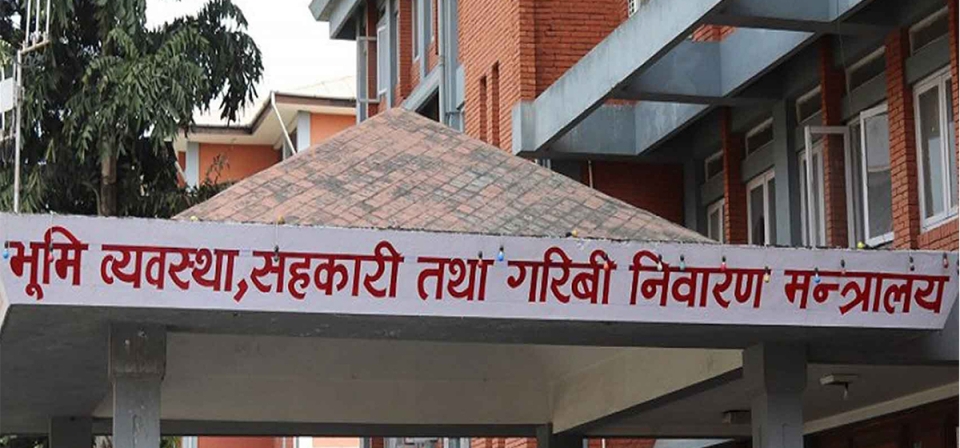




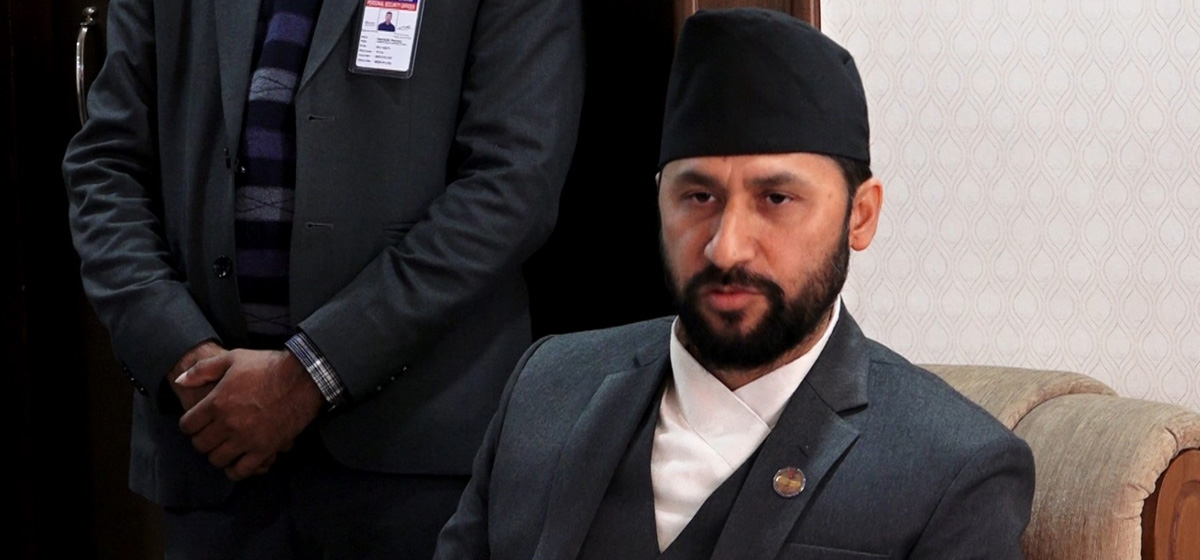
Leave A Comment